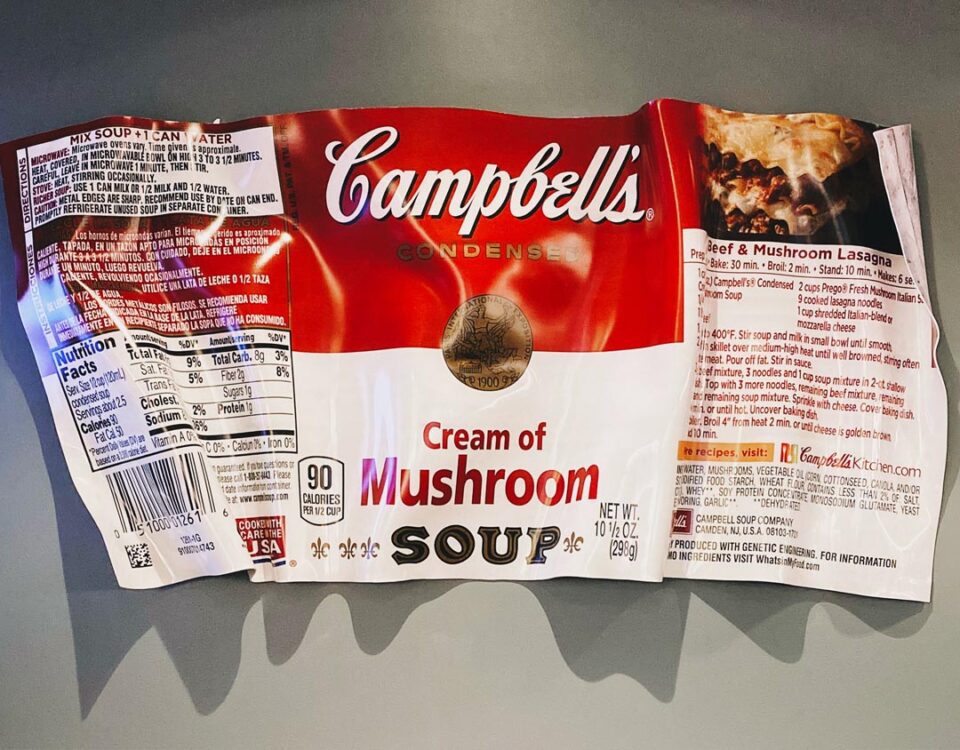
The Ketogenic Diet
January 26, 20248 years ago, I was determined to change lives by helping people realize how important nutrition was for their body. I was fresh out of university and I whole heartedly believed that people were simply lacking the information they needed to properly nourish themselves. It was my mission to “educate” people and subsequently change their lives for the better. I was fully consumed by diet culture as well and believed that by cutting out the “wrong” foods and including more of the “right” foods, we could all improve our health.
Well… it's been a few years, and I can honestly say that what we eat doesn’t really matter all that much when it comes to our overall well-being. Exactly what is on the plate often isn't my top priority with most of the patients and clients I see. That may seem like the strangest thing to hear from a trained nutrition professional and may contradict everything you’ve been taught or heard about nutrition. Before we dive into this, there are of course certain circumstances where exactly what we eat is crucial, like with allergies, metabolic disorders, or celiac disease. In most other cases though, there are more important aspects of food and nutrition that are often overlooked. I want to walk you through a few examples where WHAT we eat was the least of our concerns.
1. It’s been 4 months since her diagnosis of breast cancer, she’s been through surgery and chemotherapy and has lost 35lbs, along with much of her strength and muscle mass. The internet and many friends are telling her to cut out sugar and drink wheat grass every morning. When we take a step back and look at the bigger picture, she needs more food, more calories, more energy, to keep up with her body's higher energy needs during this time. The priority here is getting ENOUGH food and what matters most is eating whatever she can stomach and keep down. This isn't the time to restrict certain foods or worry about eating perfectly balanced meals.
2. She’s struggled with her body image her whole life, as did her mother, and her grandmother. These messages were so deeply engrained from a young age. She never felt good about her body and dreamt that a smaller body would bring her joy and peace. She’s been dieting since the age of 7 years old and in high school, one of the diets developed into an eating disorder. She now experiences significant distress when eating and has not eaten enough in years. She needs food; carbs, protein, fat… energy. She needs to be freed from guilt, stress, and anxiety when eating. She needs full permission to give her body fuel, every day, multiple times per day. What she eats is the least of our concern.


3. He’s had abdominal pain, bloating, and diarrhea for the past decade. At first, it seemed to be related to food. He cut out dairy and gluten and felt better for a little while. As time went on, he began to feel worse again and so he tried a food sensitivity test through a naturopath to see what the trigger might be. Based on his results, he was told to cut out corn, eggs, soy, nuts, and certain fruits. Once again, he felt a bit better, but his symptoms soon returned. He was now feeling very restricted, had lost some weight, was feeling tired, and experienced significant anxiety whenever he ate. The problem here is that IBS is not always triggered by food and it certainly wasn’t caused by anything he was eating. By restricting foods without using a scientific approach, he was inadvertently cutting out key nutrients from his diet, worsening his digestive health, and adding stress and anxiety to the eating experience. In this case, he needed to work with a professional who would identify patterns in his symptoms and consider all non-restrictive strategies to help reduce stress and improve his symptoms.
4. He was just admitted to a long-term care facility at the age of 76. He’s larger bodied, has limited mobility, and has a multitude of chronic health conditions. The medical team suggests that the dietitian see him to encourage weight loss *eye roll*. What the medical team doesn’t take into consideration is that this man has just experienced a major life change by leaving his home of 50 years. Food will be one of his remaining daily sources of joy and pleasure. Restricting his calories also does not guarantee weight loss, nor will that weight loss be sustainable, and in a situation like this with limited mobility, calorie restriction often leads to accelerated muscle loss. By restricting the amount of food or calories that he is provided, we would only be worsening his strength, bone mass, and function and may increase his risk of illness or infection. In this case, quality of life and maintaining his energy levels/strength would outweigh the number on the scale and what exactly is on his plate.
Regardless of what someone might be going through: cancer, eating disorders/disordered eating, digestive disorders, aging, trauma, negative body image, mental health concerns – the number one nutrition priority will be “are they eating enough?” and if the answer is no, then what could they tolerate in order to get more energy/calories/nutrition into them?
To see if your eating patterns are health-promoting, consider these nutrition priorities:
- ENOUGH - Are you eating enough to meet your body’s needs for energy/calories?
- OFTEN - Are you eating regularly throughout the day to provide consistent energy to your body?
- BALANCE - Are your meals balanced and snacks filling?
- VARIETY - Do you give yourself permission to enjoy a variety of different foods?
- AUTONOMY - Do you trust your body to guide your food choices? Do you feel informed and empowered when making food choices? Are you free from negative body image or disordered thoughts when feeding yourself?
We must acknowledge that it takes a great amount of privilege to have full control over what and when we choose to feed ourselves. Many do not have access to adequate food regularly or are required to restrict certain foods for medical reasons. If, however, we are fortunate enough to have these privileges, it can be crucial to take a step back and ask yourself if you are meeting the most basic of nutrition priorities. These should be considered before worrying about what it is exactly you are or aren't eating.
Written by Liz Powell, RD





